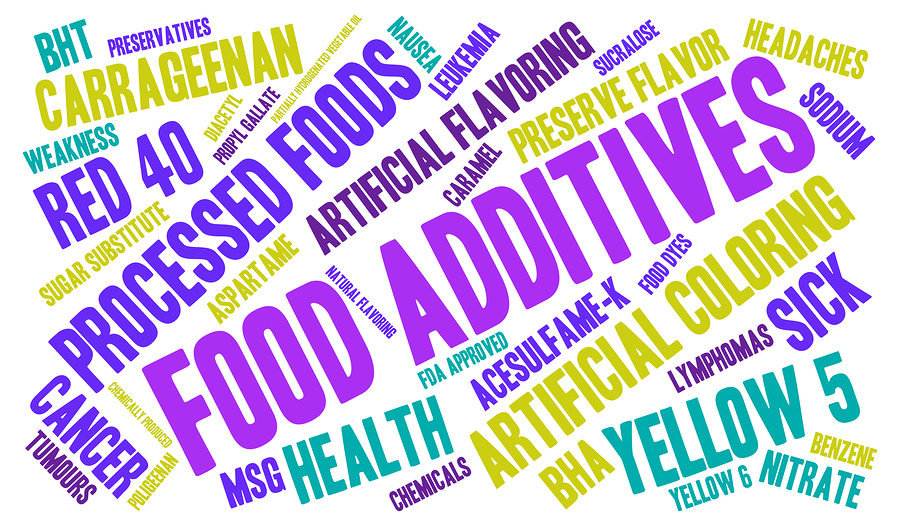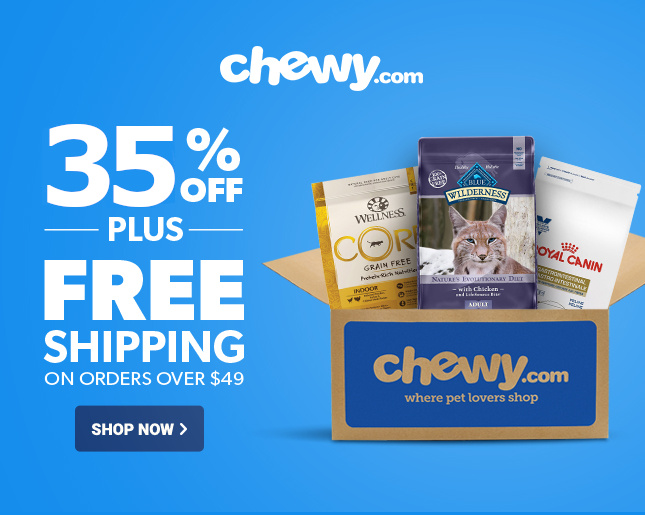
This post may contain affiliate links. We are compensated for referring customers to our affiliate partners.
When it comes to choosing the best foods for dogs, there are some dog food ingredients that should be immediate deal breakers. These dog food ingredients cause digestive issues, provide no nutritional value, and make be harmful to the health of your dog. If you are considering a dog food for your pup and see these dog food ingredients on the label, you should put that dog food down and move on to something better. Here are the dog food ingredients that you should always avoid:
Protein Ingredients
There are a variety of animal-based protein ingredients that should be avoided. These dog food ingredients come from risky sources and do not provide real nutrition for our dogs. Some protein ingredients to avoid include:
- Animal Fat: Animal fats are very healthy for dogs, however, the ingredient “animal fat,” also labeled as “rendered fat,” on a dog food label refers to a very loosely regulated ingredient set. The FDA regulations for “animal fat” in dog food allows the fat to be sourced from “dead, non-slaughtered, diseased, or euthanized animals.” The ingredient quality is not good and should be avoided.
- Animal Digest: “Animal digest” is the waste from an animal’s stomach. It has the same loose restrictions as “animal fat” and can come from diseased, rotting, and euthanized animals. Animal digest is added as an artificial flavoring but contain no nutritional value and can present a risk to your dog’s health.
- Animal Byproducts: Animal by-products are the leftover products from meat production. Animal by-products can include diseased, rotten, and euthanized animal flesh but can also be hooves, beaks, feathers, and other waste from meat processing. These products are not healthy for your dog as they are hard to digest and come from dangerous sources.
Filler Ingredients
Fillers are dog food ingredients to add bulk to the food. Fillers offer no nutritional value so they aren’t necessary for the health of your dog. Furthermore, filler ingredients can actually be very hard for your dog to digest and may cause a range of digestive issues like bloating, diarrhea, and food allergies. Here is a list of filler ingredients to avoid:
- Corn bran
- Rice bran
- Oat hulls
- Cereal by-products
- Soybean hulls
- Cottonseed hulls
- Peanut hulls
- Rice hulls
- Wheat mill run
- Citrus pup
- Modified corn starch
- Corn gluten
- Wheat gluten
- Soybean meal
Artificial Preservatives
Dog foods often use unhealthy artificial preservatives. Some of these preservatives are not approved for human consumption, so it’s questionable why we allow them in our dog foods. Here are some of the artificial preservatives to avoid:
- Ethoxyquin: Studies have shown that ethoxyquin can cause damage to the liver of dogs. In small amounts ethoxyquin is not a huge health risk to our dogs, however, cumulative exposure through daily feeding can lead to some serious health problems.
- Propylene Glycol: Dogs cannot digest propylene glycol and repeated exposure can lead to serious digestive health issues. Further, some studies have shown that propylene glycol can cause nervous system damage.
- BHA/BHT: BHA and BHT have both been linked to cancer by the World Health Organization. BHA and BHT are also incredibly hard for dogs to digest so they can also inflame food intolerances and allergies.
- TBHQ: TBHQ has been linked to stomach cancer and may damage cellular DNA. This harsh chemical ingredient is also incredibly toxic and overexposure can poison our dogs.
- Sodium Metabisulphite: Sodium metabisulphite can trigger severe allergic reactions in dogs. Exposure can also cause nervous system damage and issues with circulation.
Unnecessary Additives
Dog food manufacturers also use a large range of unnecessary additives in their dog food ingredients to improve the taste, color, and nutritional profile of the food. These additives are extremely damaging to your dog and should always be avoided:
- Artificial colors: Dogs do not need to have their food colored. Dyes like caramel coloring, red #40, blue #2, yellow #5, and so on, not only do not add any nutritional value but can also trigger a range of health issues in dogs.
- Sweeteners: Dogs cannot process refined sugars or artificial sweeteners. Both are linked to the rise in dog obesity. Sweeteners including sugar, corn syrup, and xylitol should always be avoided. Be especially vigilant when picking out dog treats, because sweeteners are commonly added to treats to make them more appealing.
- Sodium Selenite: Sodium Selenite is often used to supplement selenium, a crucial nutrient for the heart health of your dog. However, sodium selenite is not a great source of selenium for dogs because it can poison a dog if too much is added to the food.
- Copper Sulfate: Copper sulfate is added to dog foods to supplement copper, a crucial trace mineral that supports your dog’s brain, heart, kidneys, and bone health. Copper sulfate can accumulate in the liver of your dog and lead to toxic overdose, so it is best to avoid this ingredient as a source of copper.
- Carrageenan: Carrageenan is an additive used to keep dog food moist. However, carrageenan has been linked to cancer and severe inflammation in dogs.
- Salt: Salt is not necessarily bad for dogs. Salt is often added to improve the flavor of dog food but can cause a range of health issues. Too much salt in your dog’s diet can lead to high blood pressure, heart disease, and strokes. So avoid foods with added salt, especially dog treats which are the biggest culprits of adding excess salt.
All of these ingredients will be listed in the ingredients panel of a dog food. The best foods for dogs do not contain any of these dog food ingredients, so if you see them on a dog food, you know it is not the healthiest choice for your dog. Instead look for dog foods with whole foods ingredients, real meat protein, and natural preservatives. These foods not only have better nutritional value for your dog, but they wouldn’t put your dog’s health at risk with potentially toxic ingredients.


